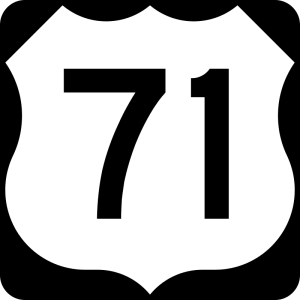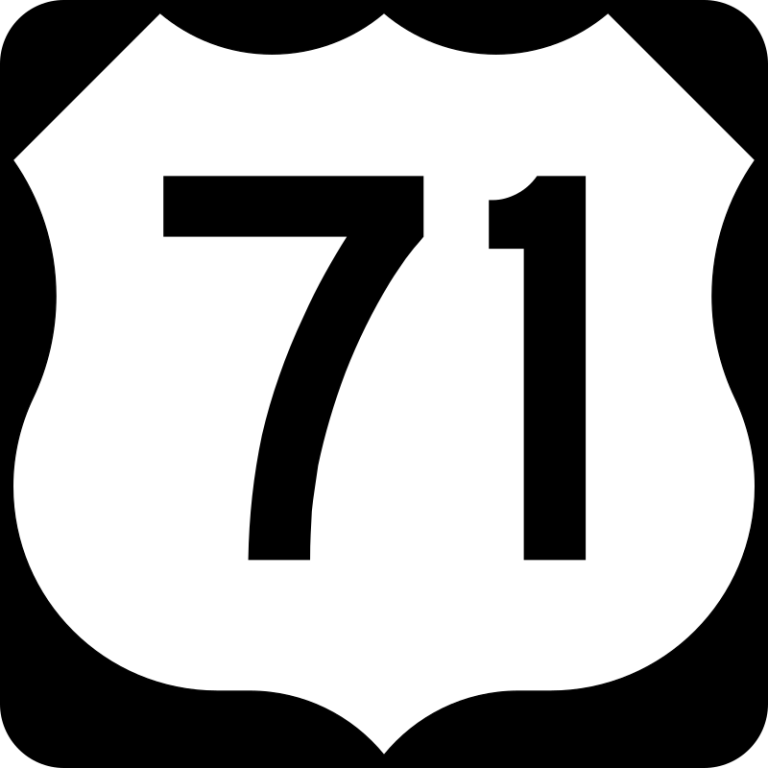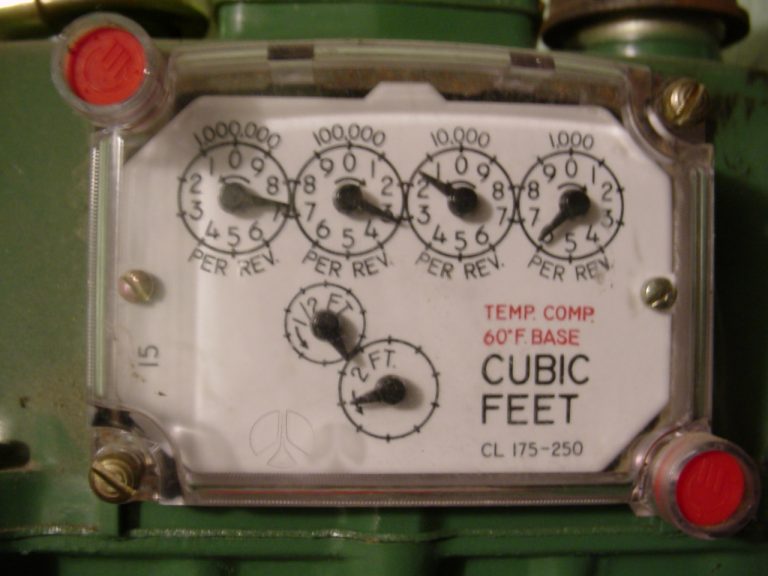Rock Rapids, Iowa — With the mercury expected to reach at least the mid-90’s within a week, and a good chance to have above normal temperatures the next six to ten days, according to the National Weather Service — now might be a good time to brush up on those heat illness tips.
According to Lyon County Health Nurse Melissa Stillson, overheating is a serious issue.
She says that many times, especially with elderly people, they don’t like to put the air conditioning on, saying that it makes them cold. But she says opening windows instead when the temperatures and humidity are high, makes the situation worse.
She also says that drinking a lot of fluids is important, but the way you take in fluids is important too.
She says the sun’s rays in the summertime are the strongest between noon and 3:30 p.m.
Also, she says maybe keep a washcloth with you to dip in the water and dab your children to keep them cool.
Plus, Stillson says you need to watch your diet and any medications, especially if you have a chronic medical condition or if you’re trying to lose weight.
The Iowa Department of Public Health says if people get too much heat, it can be a medical emergency.
People with heat exhaustion can experience heavy sweating, tiredness, weakness, dizziness, headaches, nausea, vomiting, have pale skin or faint. Treatment of heat exhaustion includes drinking cool, nonalcoholic beverages, taking a cool shower, bath, or sponge bath, getting rest, moving to an air-conditioned environment and changing into lightweight clothing. If symptoms are severe, worsen, do not resolve after an hour, or if the person has heart problems or high blood pressure, seek medical attention. If heat exhaustion is left untreated, and the person continues the activities, it may progress to heat stroke.
Heat stroke occurs when the body is unable to cool down. It is characterized by high body temperature (above 103°F, orally), red, hot, and dry skin (no sweating), rapid, strong pulse, throbbing headache, dizziness, nausea, confusion or unconsciousness. If a person is experiencing heat stroke, seek medical assistance immediately and begin to cool the individual. Cooling efforts should continue until medical assistance arrives. Cool the person by getting them into shade, having them take a cool shower, bath or sponge bath, or wrap the person in a cool, wet sheet and fan him or her vigorously.
Click here for more information from Health Services of Lyon County.












